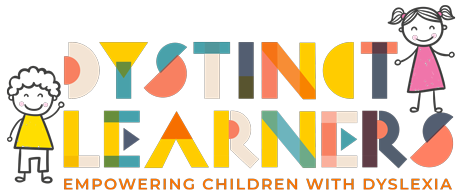Impact of Dyslexia on Children
Academic Challenges
Reading
Children with dyslexia often experience significant difficulties with reading. These challenges can manifest in several ways:
- Slow Reading Speed: They may read much more slowly than their peers.
- Difficulty Decoding Words: They often struggle to sound out words, especially new or unfamiliar ones.
- Poor Reading Comprehension: Because they spend so much effort decoding words, understanding and retaining what they read can be difficult.
- Avoidance of Reading: Due to these challenges, children with dyslexia may avoid reading activities altogether.
Writing
Writing can also be a challenging task for children with dyslexia:
- Spelling Difficulties: They often have trouble spelling words correctly, even familiar ones.
- Poor Handwriting: Dysgraphia, or poor handwriting, is common among children with dyslexia.
- Difficulty Expressing Ideas: Organizing thoughts and putting them into writing can be particularly tough.
- Grammar and Punctuation Errors: They may make frequent mistakes in grammar and punctuation.
Spelling
Spelling presents specific challenges for children with dyslexia:
- Phonetic Spelling: They might spell words the way they sound rather than the correct spelling (e.g., “sed” instead of “said”).
- Inconsistent Spelling: They may spell the same word differently in the same document.
- Difficulty with Spelling Rules: Understanding and applying spelling rules is often difficult.
Emotional and Social Impact
Self-Esteem
The academic struggles associated with dyslexia can significantly impact a child’s self-esteem:
- Feelings of Inadequacy: They may feel less capable than their peers.
- Frustration: Frequent struggles with reading and writing can lead to frustration.
- Anxiety and Stress: Worry about school performance can lead to anxiety and stress.
Social Interactions
Dyslexia can also affect social interactions:
- Bullying: Children with dyslexia may be teased or bullied because of their reading difficulties.
- Social Withdrawal: They might withdraw from social interactions to avoid situations where reading or writing is required.
- Peer Relationships: Difficulties in academic settings can sometimes extend to challenges in forming and maintaining friendships.
Long-term Effects
Future Academic and Career Considerations
The impact of dyslexia extends beyond childhood and can influence future academic and career opportunities:
- Academic Performance: Ongoing reading and writing difficulties can affect overall academic performance, potentially limiting educational opportunities.
- Career Choices: Certain careers that require strong reading and writing skills might seem less accessible.
- Self-Advocacy: Learning to advocate for themselves and seek appropriate accommodations is crucial for long-term success.
The impact of dyslexia on children is multifaceted, affecting their academic performance, emotional well-being, and social interactions. Recognizing these challenges is the first step toward providing the support and resources needed to help children with dyslexia thrive. Early intervention, supportive environments, and tailored teaching strategies can make a significant difference in their lives.
